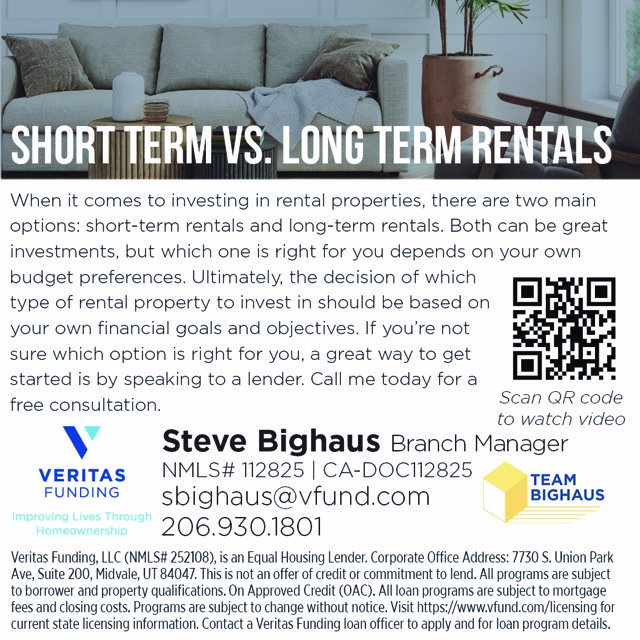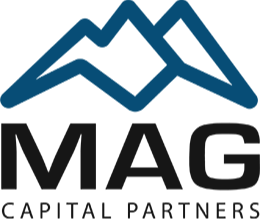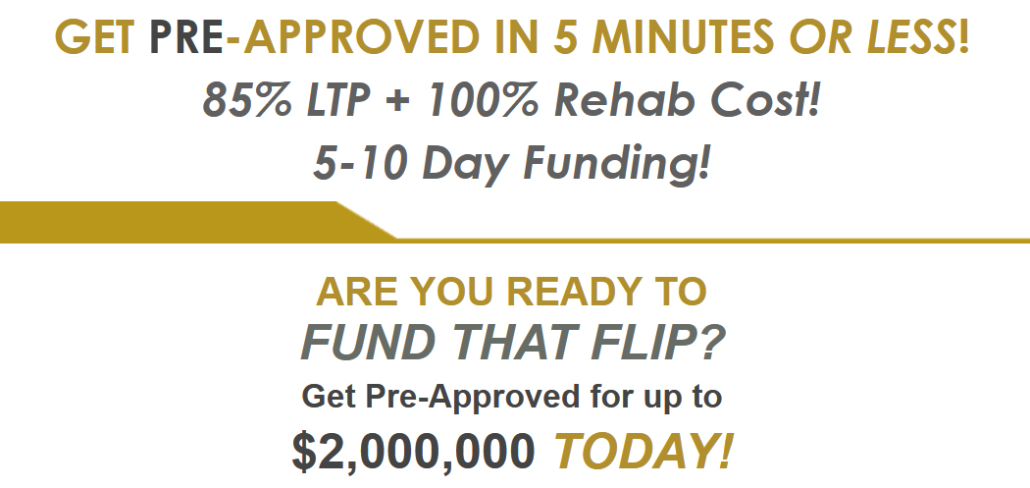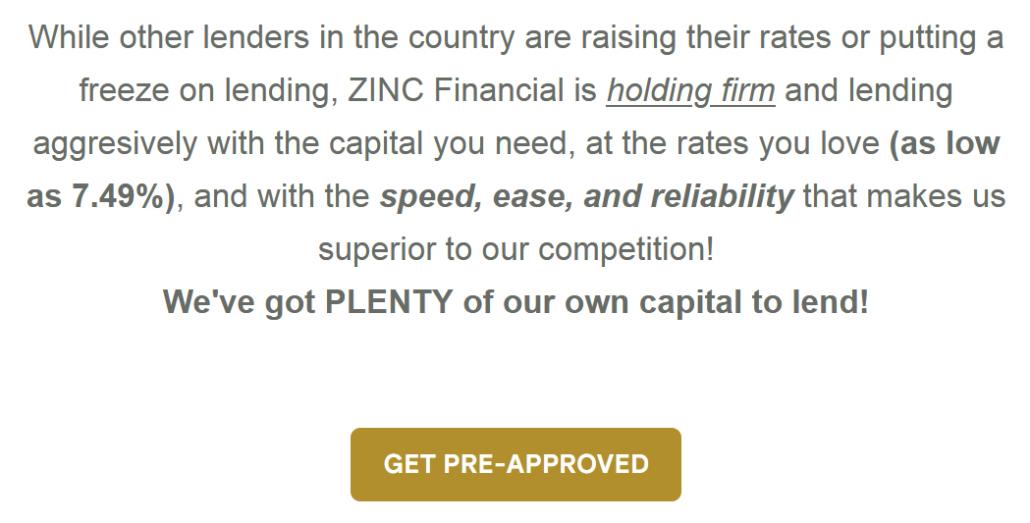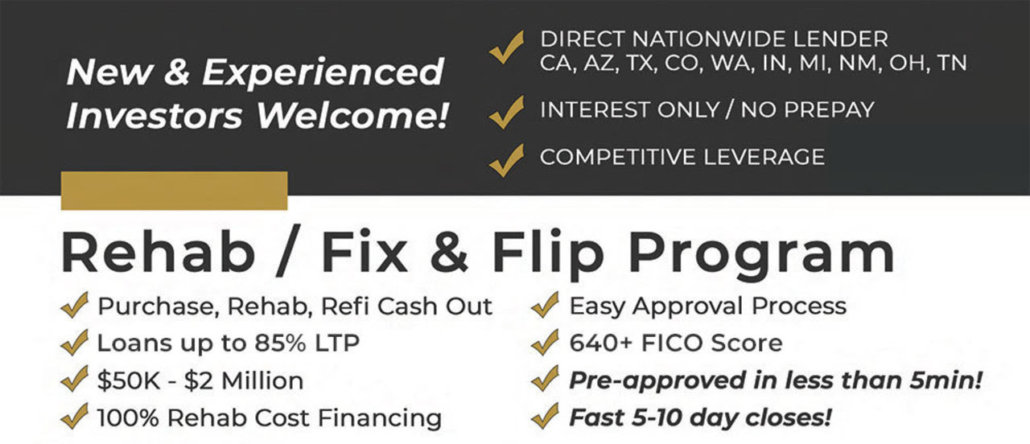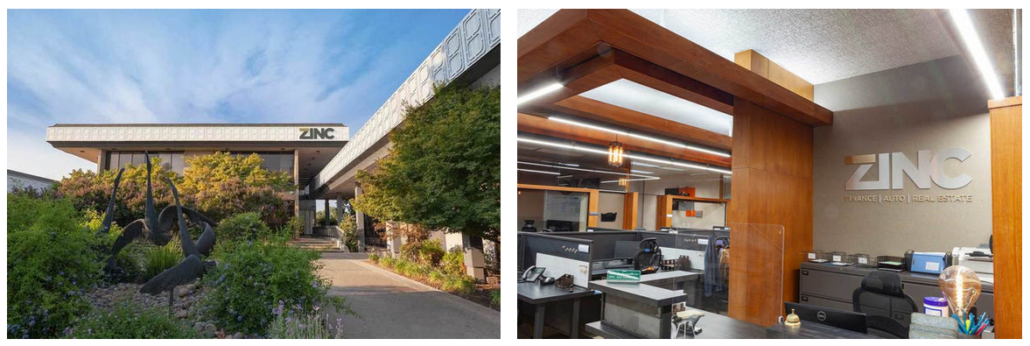The Reality of SB-1079 Foreclosures
By Edward Brown
Attempting to curtail foreclosed houses being turned into rentals, California passed SB-1079 in 2021. This law effectively, for 45 days, suspended any activity after the foreclosure. Prior to this law, houses that were foreclosed on could be purchased at the foreclosure sale by investors and immediately turned into rental property. When this happened, houses were taken off the inventory for home ownership.
California was desiring to promote homeownership, and reduced inventory pushed prices higher as well as increased renters vs homeowners. The theory behind SB-1079 was that it would discourage investors from bidding at the foreclosure because, for the next 45 days, an “eligible bidder” could match the winning bid. The effect of this would be that the investor would tie up his money for 45 days and not know if he would end up with the property. Thus, investors would most likely not show up and bid at the foreclosure and wait out the 45 days to see if any eligible bidders came forward. If nobody outbid the lender at the foreclosure sale, the investor
could approach the lender to purchase the property. With SB-1079 in place, there is no incentive for an investor to outbid at the auction.
ADVERTISEMENT
One of the main problems with this law is that the party being foreclosed on has almost no chance of any over-bidding at the foreclosure. Prior to SB-1079, it was possible for the borrower who was being foreclosed on to potentially recoup some equity in the property if the house was bid up. For example, if the 1st mortgage was owed $100,000 and was the foreclosing party, and the house was worth $300,000, the lender would most likely credit bid their entire $100,000 loan. If another party bid $140,000, the lender would get paid their $100,000 and the owner of the house who was getting foreclosed on would walk away with $40,000. SB-1079 effectively shuts the door on that scenario, as the chances of someone outbidding the lender at the foreclosure are slim due to the uncertainty of the bidder acquiring the property at the sale. For the following 45 days, an “eligible bidder” has the opportunity to bid the same $100,000 as the lender and end up with the property. Although there are eight definitions of an eligible bidder, the primary ones include an occupant of the property as his primary residence [not the borrower or a family member of the borrower, however], effectively, a rental, a prospective owner-occupant, and a California nonprofit whose primary activity is the development of affordable housing. If the house is owner occupied, that eliminates the potential tenant purchase option.
ADVERTISEMENT
The main problem is that the homeowner will almost certainly lose 100% of any potential equity due to nobody outbidding at the foreclosure auction. At this writing, there are not many non-profits who are set up for development of affordable housing; thus, the only realistic way for the lender to be taken out after 45 days [after the foreclosure] will be those houses that were rented out to tenants or those who desire to own and occupy the house as their primary residence. This last potential is slim, as most buyers want to make offers on houses they can inspect and not wait 45 days to find out whether or not they will be allowed to buy the house.
Due to these new foreclosure laws in California, lenders will have to factor into their underwriting the potential added costs of holding a [potential] foreclosed property at the time they make their loan to the borrower, as the lender is precluded from selling or renting out the property for 45 days after the foreclosure. The lender may have additional costs during this period, such as securing the property against vandalism, vagrants, weed abatement, and the like.
It is still too early to tell if the statistics show if tenants come up with the needed funding options in order to secure the house for their own benefit, as the program is still in its infancy. Only time will tell if this experiment works out for potential would-be homeowners or if it was just a sure-fire way to make sure foreclosed homeowners recoup nothing.
ABOUT EDWARD BROWN
Edward Brown currently hosts two radio shows, The Best of Investing and Sports Econ 101. He is also in the Investor Relations department for Pacific Private Money, a private real estate lending company.
Additionally, Edward has published many articles in various financial magazines as well as been an expert on CNN, in addition to appearing as an expert witness and consultant in cases involving investments and analysis of financial statements and tax returns.
Edward Brown, Host
The Best of Investing on KTRB 860AM
The Answer on Saturdays at 8pm
and Sports Econ 101 on Saturdays
at 1pm on SiriusXM channel 217
21 Pepper Way
San Rafael, CA 94901
[email protected]
Learn live and in real-time with Realty411. Be sure to register for our next virtual and in-person events. For all the details, please visit Realty411Expo.com or our Eventbrite landing page, CLICK HERE.



